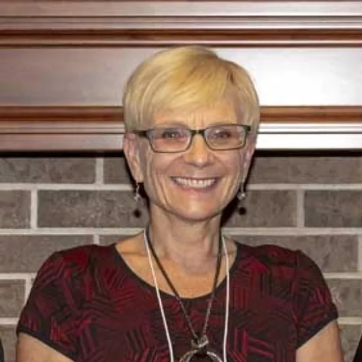Interview with Dr. Janine Clark
Janine Clark is a Professor in the Department of Political Science at the University of Toronto. Most of her work has focused on politics from below, grassroots phenomena, Islamism, and women and politics in the South-West Asia and North Africa region. Clark has authored articles in Comparative Politics, Comparative Political Studies, International Journal of Middle East Politics, Mediterranean Politics amongst others. Professor Clark presented her work on Transregional Queer Activism in the SWANA at a MECACS seminar on the 9th November, 2023.

What drew you to the topic of Queer activism in the SWANA?
What drew me in was something I was quite surprised by on my research trip to Lebanon. I was visiting community centre called Zico House, after a suggestion of a friend, and one of the first things I saw was a rainbow flag. I was shocked, because I knew of the legislation around LGBT activism in Lebanon and similar countries in the region. I would say that is where interest in the research began, and I ended up interviewing quite a few people from HELEM (the only above-ground LGBTQ organisation at the time) during the same research trip. After the initial introduction to that area of research a couple years ago, I decided to return to the topic and take it on in the form of a larger project.
You mention that there was a gap in the research you identified before you took on the project, could you expand on that? What were some of the key contributions of your work to the wider body of research on queer activism?
There is quite a bit of research on queer activism now, which was not the case when I initially became interested in the topic. There was very little diverse research, much of the work painted LGBTQ people as victims, which has changed more recently. There is now a lot more research on agency activism, however there are still quite a few gaps in the literature in the sense that most of it focuses quite strongly on Lebanon, and to a lesser extent, Palestine, Tunisia, Egypt, and Jordan. There is still a lot of work to do to better understand Queer activism in the region as a whole, its priorities, and plans.
You talked about the difficulties faced by a lot of North African activist organisations that you focused on, in particular concerning financing of projects and inclusion. Why do you think that is?
As a result of colonialism, donor categories view North Africa as part of MENA (Middle East and North Africa), instead of Africa. This means that North African activism groups are most often included in MENA conferences, and funded projects. As North Africa reasserts its African identity, these groups often find themselves caught between the two regions. Particularly with issues concerning things like queer migrants going over the borders, progress is difficult to achieve when discussion with neighbouring non-MENA African states is difficult to facilitate.
Lastly, what advice would you give to researchers starting out in the field of advocacy and human rights research particularly?
My advice would be to drop some of the assumptions we all may have from the literature. There’s a very large volume of well-established literature, but there is a lot to be gained by doing inductive research and approaching research groups from an individualistic position. It is necessary to learn about the different priorities of people, and to avoid coming in with a predetermined question and predetermined assumptions within it.